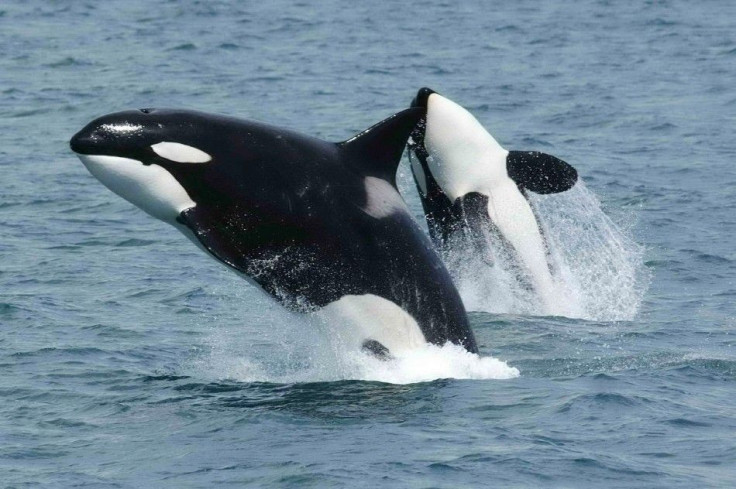PETA vs SeaWorld: Federal Judge Hears Killer Whales Slavery Lawsuit

For the first time in the history of the U.S., a federal judge has heard a case against the enslavement and involuntary servitude of five orcas or killer whales.
The suit is based on the text of the 13th Amendment which prohibits any form of slavery without the reference to person or any particular class of victim.
The hearing of the case is regarded as a vital step in determining whether animals have the same constitutional rights as humans against slavery of any form.
It was on Oct. 2011 that PETA filed a lawsuit against the SeaWorld on behalf of five wild-captured orcas in a move to free them from any form of involuntary servitude.
The lawsuit asserts that the conditions under which these orcas live constitute the very definition of slavery. They were joined by three orca experts and two former SeaWorld trainers who supported the lawsuit.
The five wild-captured orca plaintiffs involved in the case are Tilikum and Katina, Kasatka, Corky, and Ulises.
All five of these orcas were violently seized from the ocean and taken from their families as babies. They are denied freedom and everything else that is natural and important to them while kept in small concrete tanks and reduced to performing stupid tricks. The 13th Amendment prohibits slavery, and these orcas are, by definition, slaves, said PETA President Ingrid E. Newkirk.
However, the SeaWorld legal team maintains that the case is a waste of time and resource.
The BBC reported that according to the park's lawyer Theodore Shaw neither orcas nor any other animal were included in the We the people... when the Constitution was adopted.
He also said that if the case were successful, it could have implications not just on how other marine parks or zoos operate, but even on the police use of sniffer dogs to detect bombs and drugs.
Although the SeaWorld attempted to dismiss the case earlier, PETA's legal team filed a brief opposing SeaWorld's motion on Jan.13; 2012.The case not only attempts to free the orcas from enslavement but also seeks to release all five orcas to a more appropriate environment, such as a coastal sanctuary.
© Copyright IBTimes 2025. All rights reserved.





















